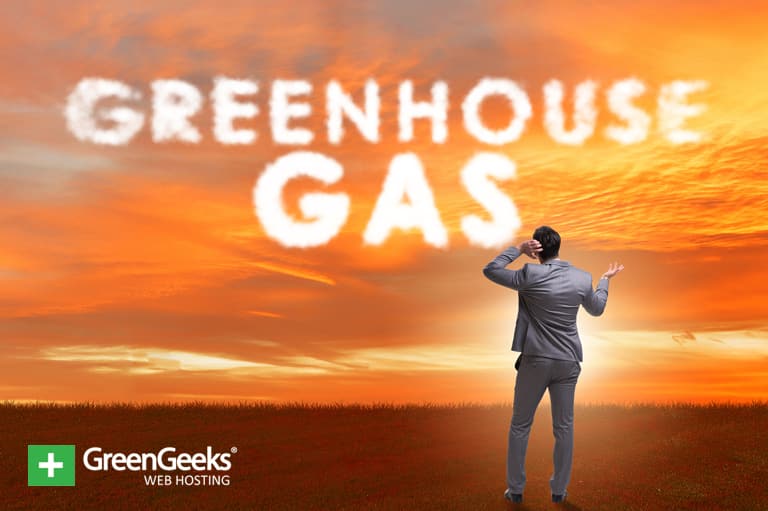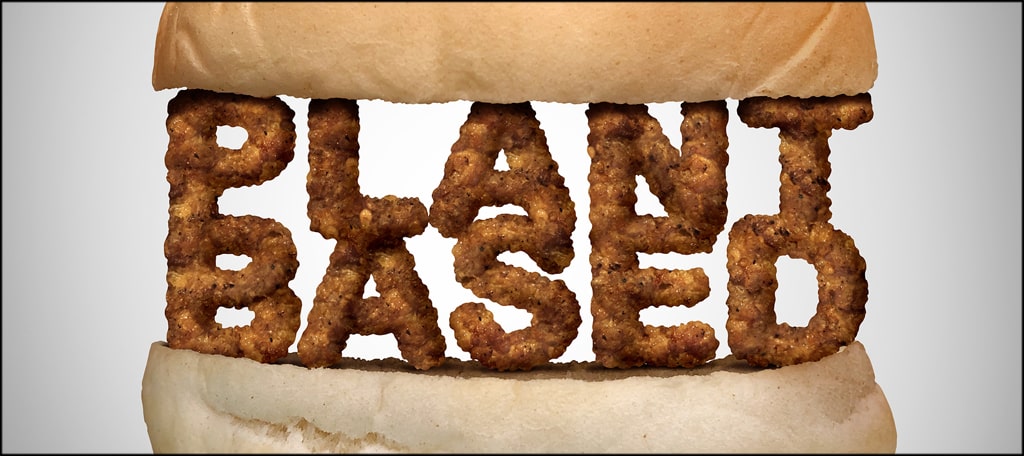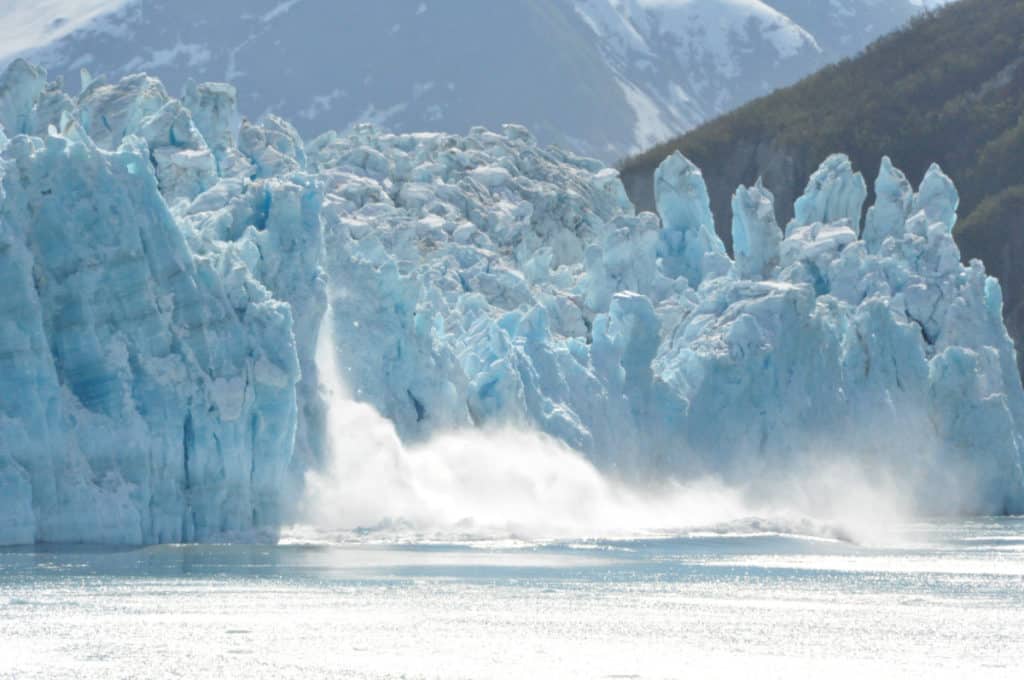
Nestlé joins the long list of companies that are making long term plans to cut greenhouse gas emissions. The company is pledging to have zero net greenhouse gas emissions by 2050.
The company has its eyes set on the Paris Agreement’s goal of limiting the planet’s temperature increase to 1.5°C. Thus, it will be signing the Business Ambition for 1.5°C pledge.
What Exactly Is Nestlé Doing?

The first part of the plan will be increasing plant-based food and beverage options, using climate-friendly ingredients, and switching to greener packaging materials.
The company stated that consumer demand for these types of products is increasing.
The second part of the plan will be to scale up initiatives in agriculture and absorb more carbon. Essentially, this means that farmers will be managing the land better, replanting trees, and increasing biodiversity.
The last point the company highlighted was that it will be switching Nestlé factories, warehouses, logistics, and offices to renewable energy sources. At least one third (143) of their factories are already powered by renewable energy.
Self Preservation
As the world’s largest food producer, Nestlé is in a position to make a huge impact. However, it is important to realize that climate change will have a huge impact on agriculture as a whole.
This will drastically affect what types of crops can grow in specific areas around the world. A report by the UN also confirmed that the crop yields will be reduced and the nutritional value of the food will be lowered as well.
Thus, Nestlé’s entire business model is hanging in the balance.
Global Initiative
While it is terrific that more companies are coming forward, ready and willing to fight climate change, it is not fast enough. In reality, it will take a global effort to achieve the results before the climate becomes unmanageable.
While the end of the century is still over 80 years away. The amount of time before climate change is irreversible and approaching fast. Most scientists are in agreement that 2050 will be the cut-off point.
However, as more major players like Nestlé become involved, humanity’s chances are increasing dramatically.

